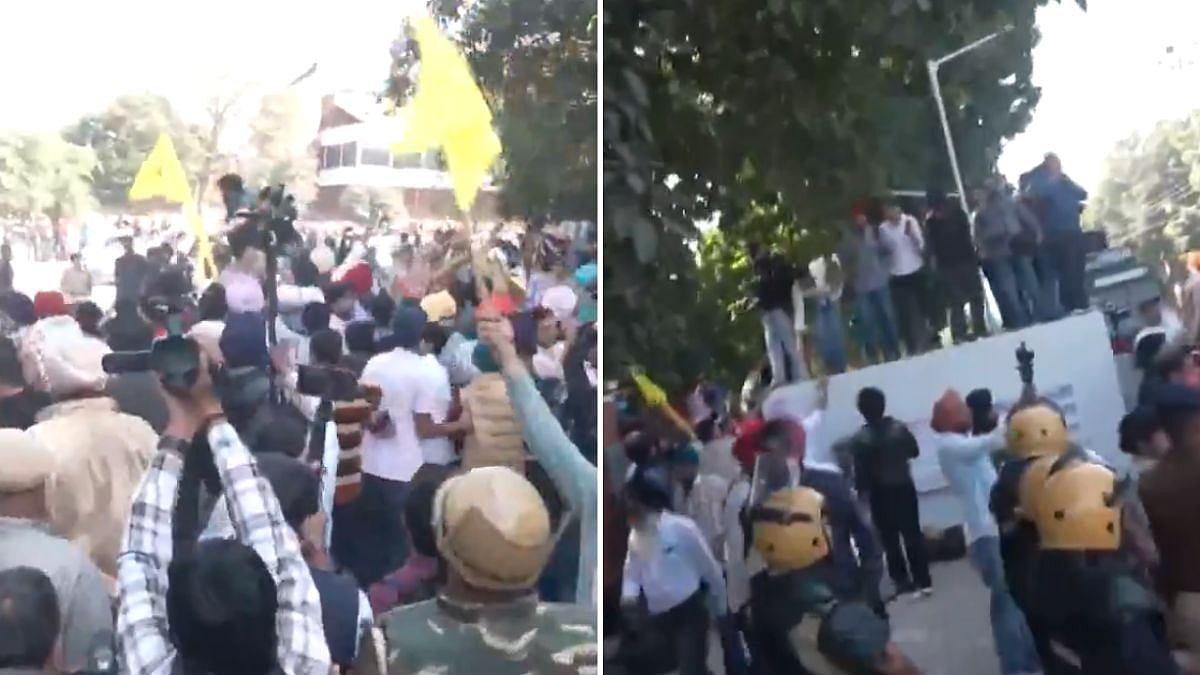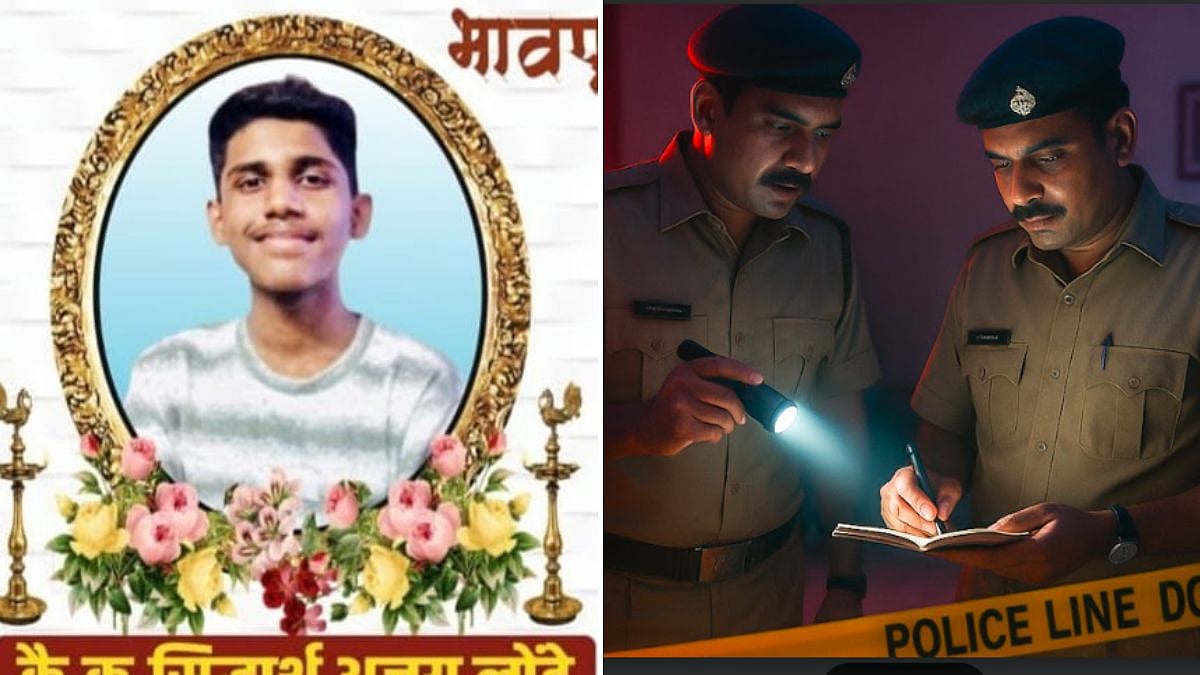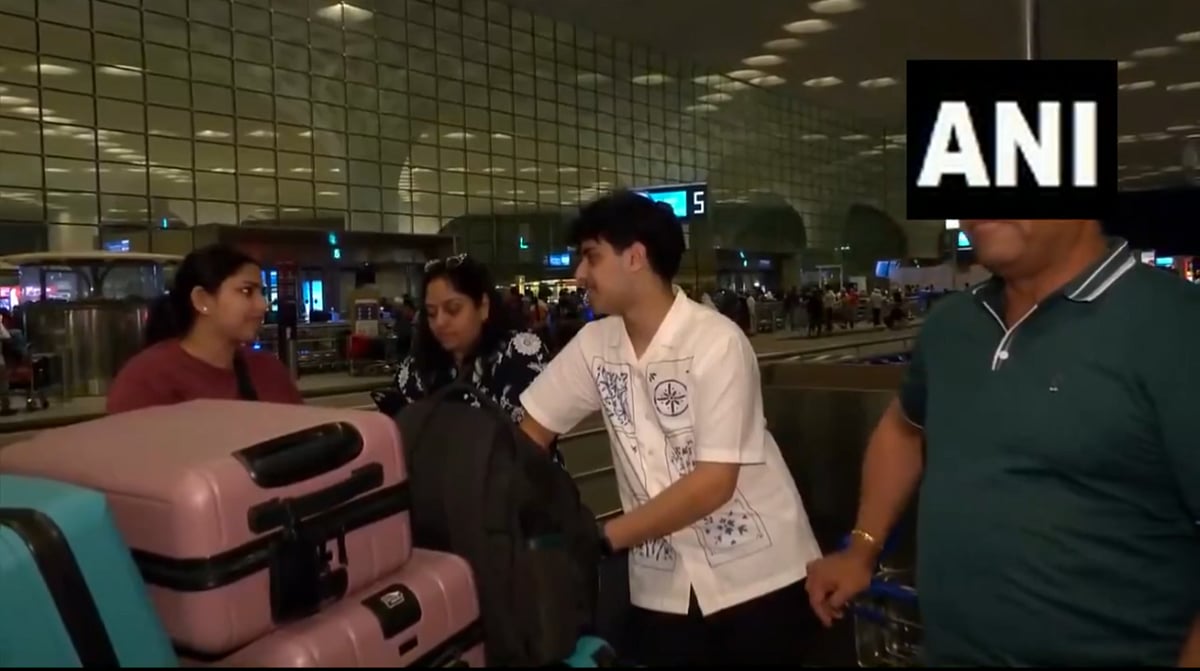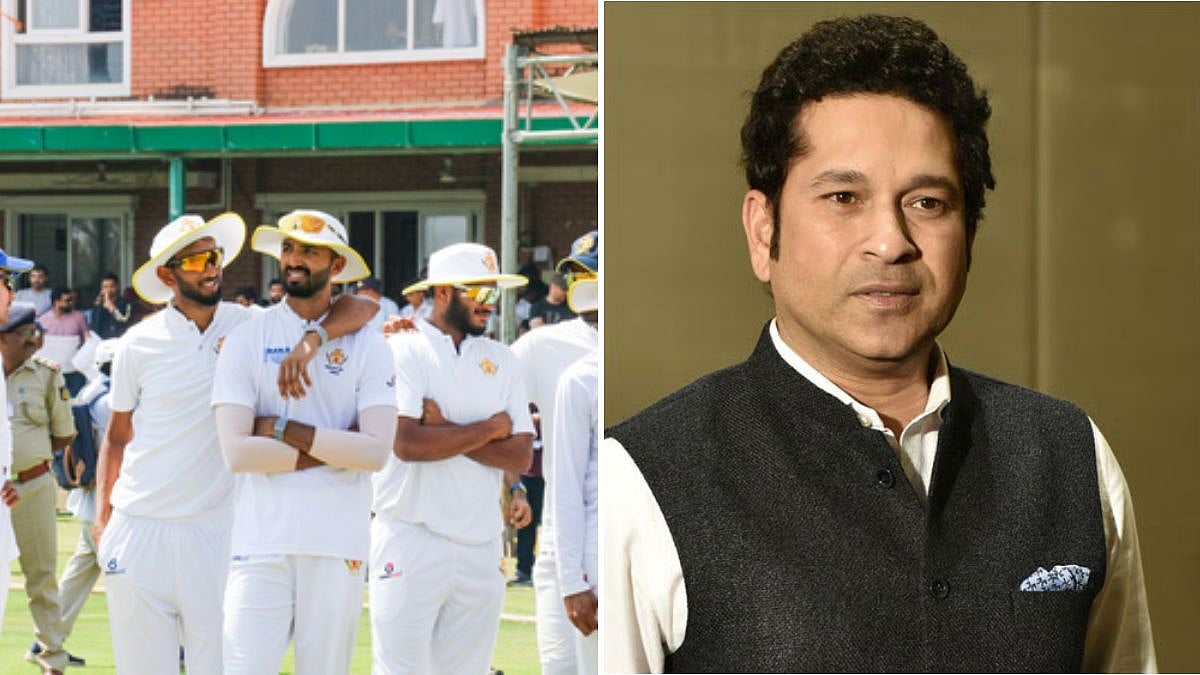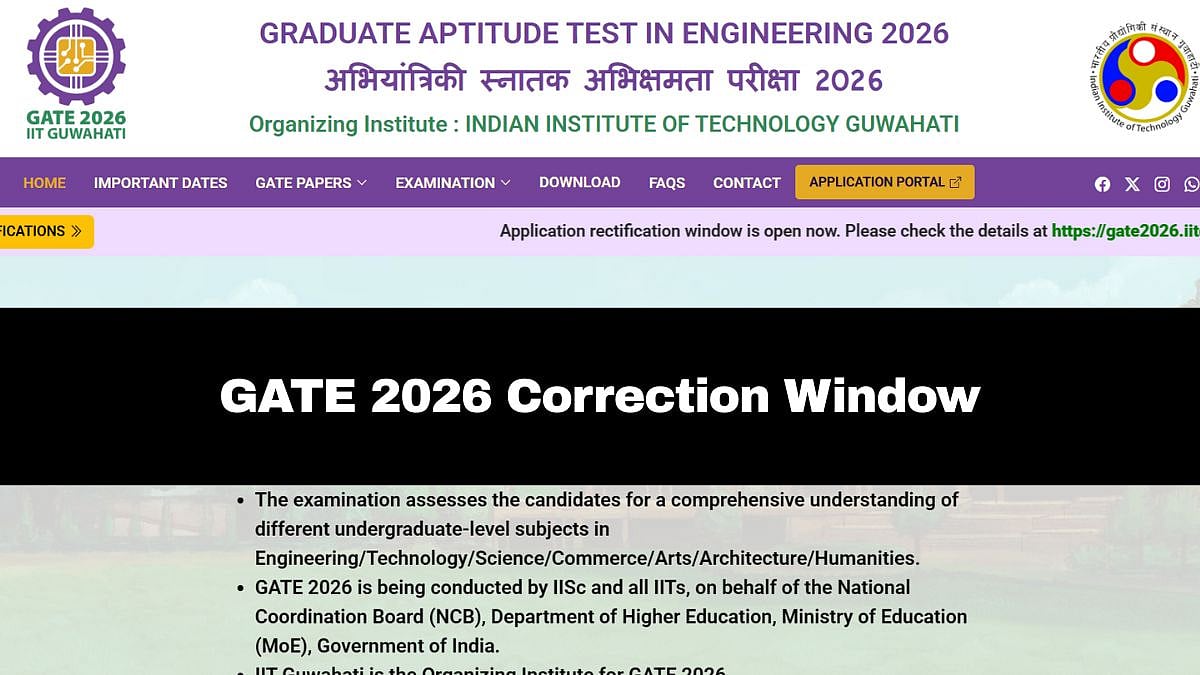Chandigarh: Students of Panjab University on Monday held a protest in the university premises in Chandigarh over their demands to conduct senate elections.
Earlier in the day, a heavy police force was deployed around the university campus. Barricades were also put outside the gates of the university campus.
The students have been demanding that the university administration announce the long-pending Senate elections to reconstitute the 91-member Senate, the highest governing body of Panjab University.
The row began after the Centre issued a notification to overhaul the Senate's composition, sparking widespread political and academic backlash over the decision to dissolve Panjab University's top governing bodies and replace them with nominated structures through an executive notification issued on October 28.
However, following strong opposition, the Central Government on November 5 withdrew its earlier notification concerning the Senate and Syndicate. Despite the rollback, student groups have continued their agitation, demanding a formal announcement and the conduct of fresh elections at the earliest.
According to the latest Gazette notification (S.O. 5022(E)) issued by the Ministry of Education's Department of Higher Education, the government has rescinded its previous order (S.O. 4933(E)) dated October 28, 2025.
The withdrawal has been made under the powers conferred by Section 72 of the Punjab Reorganisation Act, 1966.
The earlier notification, which dealt with administrative powers related to Panjab University, had triggered a political and legal controversy, with the Punjab Government terming it "unconstitutional" and announcing its decision to challenge it in court.
The notification, issued by Joint Secretary Rina Sonowal Kouli, clarifies that the earlier order, published in the Gazette of India on October 30, 2025, is now rescinded.
The move is being seen as a significant step by the Centre to defuse tensions surrounding the governance of Panjab University and to address concerns raised by various stakeholders, including the state government and the academic community.
(Except for the headline, this article has not been edited by FPJ's editorial team and auto-generated from an agency feed.)
